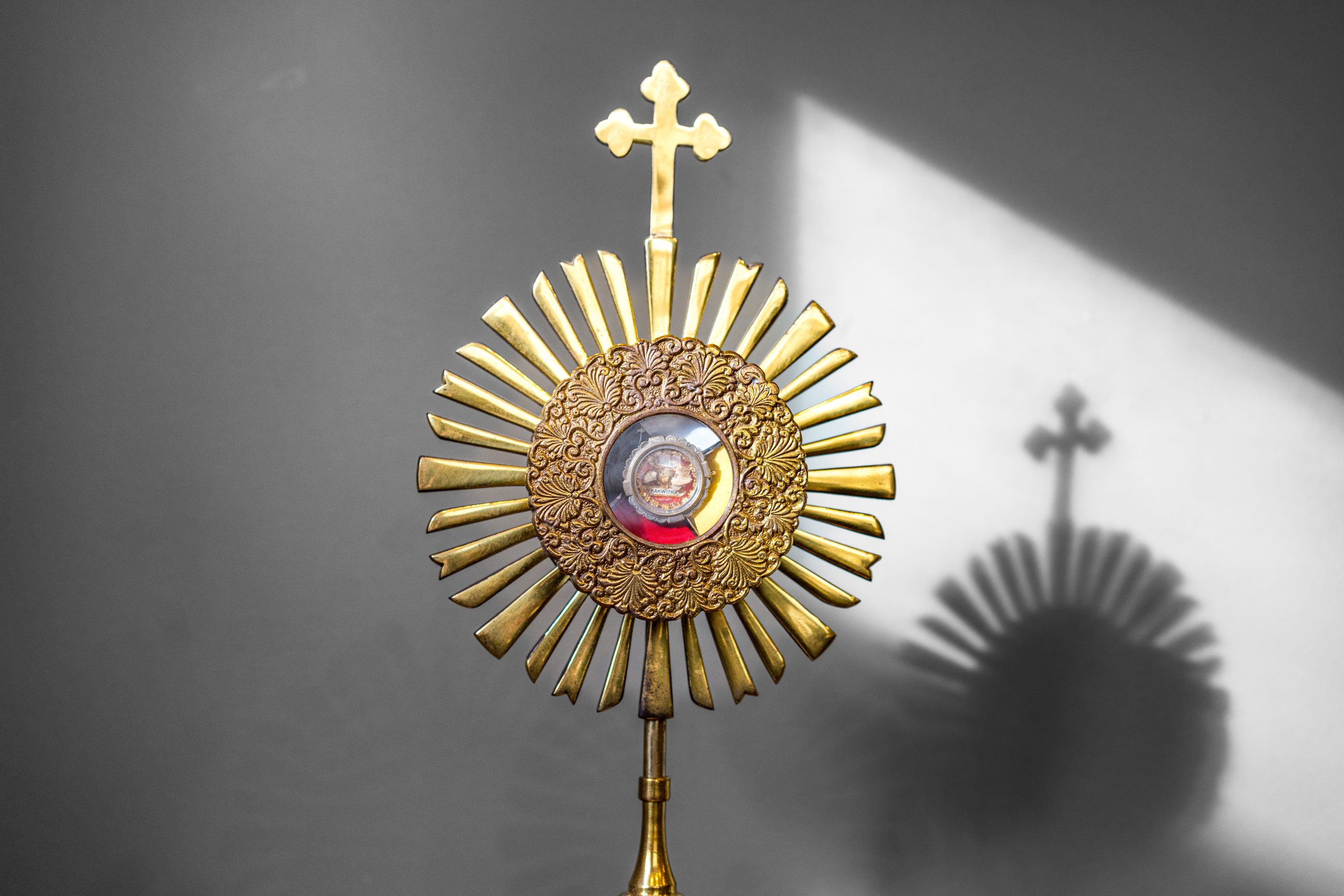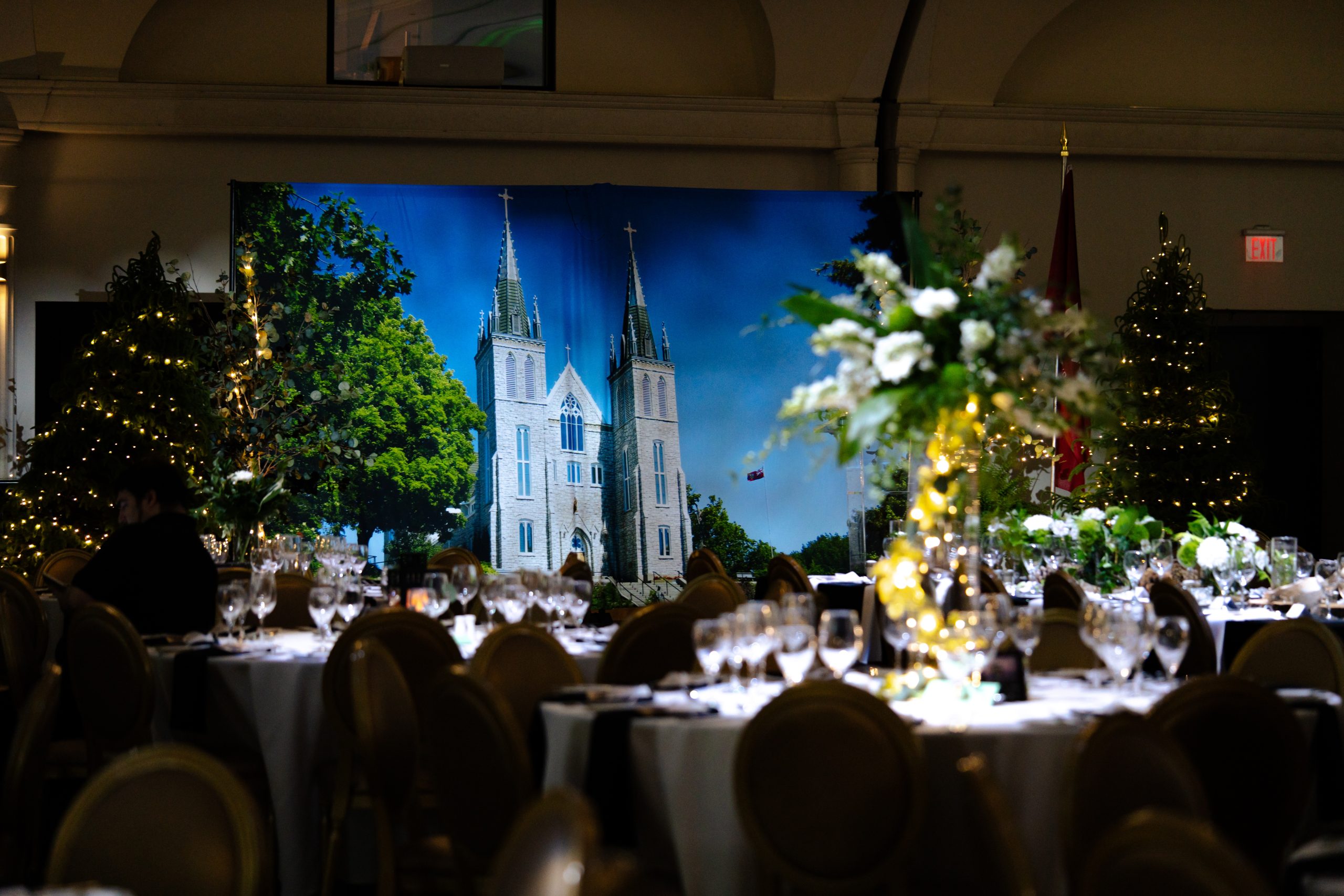Featured
Good Friday (Friday of the Passion of the Lord)
Martyrs' Shrine 16163 Highway 12 West, Midland, Ontario, CanadaJoin us on Good Friday April 18, 2025, when the gates of Martyrs’ Shrine will open for a day of somber reflection solemnly honouring the suffering and death of Jesus […]




